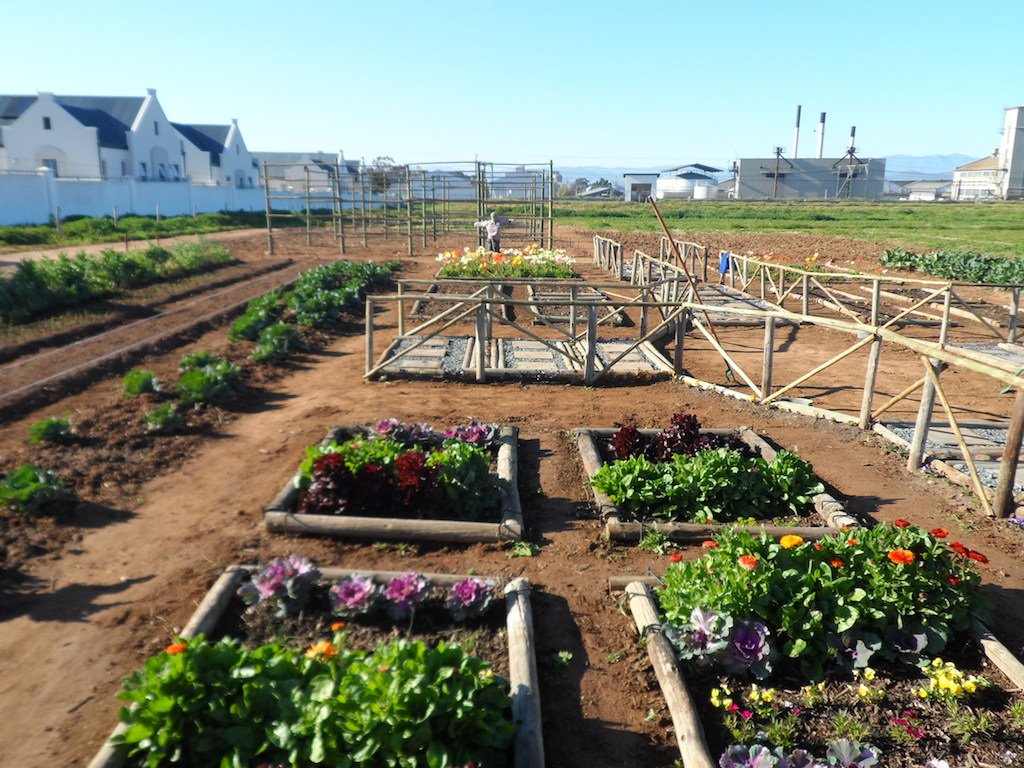Green Africa Directory
The number of organisations involved in sustainability and developing the green economy has grown in the last few years. As part of Green Africa Directory’s commitment, they have increased the number of organisations and initiatives profiled on their Directory website, and have increased awareness of sustainability issues through their network, blog articles, newsletter and social media. All of this helps to better connect people and organsiations through their network, promote sustainability and sustainable options and drive forward the sustainability agenda in Africa.
Green African Directory has also imbued their business model with sustainability principles. Being a home based business they save on the emissions associated with travel to office premises. Green Africa Directory has also instituted key sustainability practices, such as:
- Recycling all office waste and using the carbon neutral Hot Ink for all printing needs
- Provide digital invoices and quotes and all newsletters are fully digital which has reduced paper usage
- Try to buy organic for business functions and compost food waste
- Use energy star rated computers and until July 2014 servers were hosted by renewable energy. Emissions from new servers will be offset.
Hot Ink
In November 2012 Hot Ink became one of the first certified carbon neutral printers in the country by offsetting their annual carbon emissions through carbon credit purchase. Phase 2 of this initiatives involves giving customers the opportunity to calculate the emissions relating to each individual print job and to offset those through the purchase of credits thus allowing them to declare each print job 100% carbon neutral. How best to make the carbon offsetting model available to our customers is currently under investigation.
Through staff training and educating their customers Hot Ink have created a greater awareness of environmentally friendlier print practices and choosing appropriate materials. Through their carbon neutral status and understanding of green printing methods Hot Ink has increased their client base. They have also limited the amount of print waste by providing a print on demand service which encourages the use of environmentally friendlier materials as well as ensuring the office recycles all plastic and paper waste. This will increase awareness amongst end users as well give them the opportunity to interact with our initiative, plus make more funds available for carbon offset projects in the Western Cape and beyond.
ThingKing
ThingKing is a ‘designing and making’ consultancy focused on creating unique experiences and a different sense of place. For 110% Green they committed to building three drinking fountain and shade stands using waste PVC in three different communities while employing five people and using 40 kilograms of waste PVC. The design of the water fountain would use basic sand filters to cool and purify water while the shade stand would be built from waste PVC from advertising banners to create a textual sun shade.
The shade structures were installed at the Woodstock Exchange; however, ThingKing did not produce the water purification systems due to complexity of roll out. They did, however, support WWF SA in creating a water installation that was rebuilt twice; initially at Kirstenbosch and later at the Waterfront. Although these installations fell outside of the commitment to 110% Green, they were in part public water dispensers, displayed to communicate the value and journey of water.
Reliance Compost
When joining 110% Green a year ago, Reliance Compost made a very bold commitment. Since then they have done really great work in meeting their commitment while at the same time supporting other organisations.
They have created an additional 40 jobs in the past 12 months which involve admin functions, compost processing, quality control and machine operators. Their composting functions have assisted in offsetting the carbon footprints of a number of corporates and events such as Nedbank, GreenPop, Department of the Premier and Up the Creek Festival. Reliance also committed to reduce the carbon footprint of the City of Cape Town and in doing so generated 180 000 carbon credits between June 2013 and August 2014. In an amazing achievement, Reliance has to date diverted over 12 million cubes of the City’s garden refuse from landfill.
Reliance has also supported the establishment of over 40 urban farms/vegetable gardens. They also recently launched the Growing Greener Generations Educational Excursions which aims to inspire a new generation of green and conscientious-living youth. The educational excursions expose rural schools to our beautiful Western Cape. The programme includes a tour of the Reliance Compost facility and anything from spending a day discovering the flora and fauna of Table Mountain, visiting Robben Island or Kirstenbosch Gardens.
These organisations are already moving in the direction required to make sure that means of conducting business are more environmentally sustainable. It is only through doing ‘business unusual’ that we can develop the green economy and open the door to new investment, production and employment prospects.

